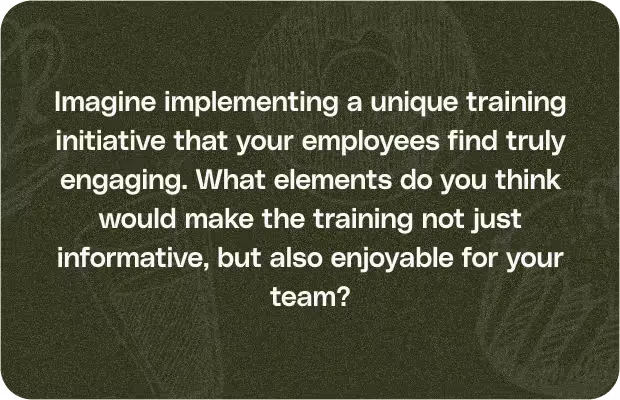To improve employee efficiency and boost retention, comprehensive training and development opportunities should be provided. Well-trained employees feel empowered in their roles and are able to provide high-quality service, contributing to a positive customer experience. Upskilling programs enable continuous learning, keeping employees motivated and skills up-to-date with industry advancements.

Staff costs greatly affect restaurant expenses. Hiring too many workers, ineffective scheduling, and high employee turnover can raise these costs. To address this, restaurants should focus on making work more efficient. This means better scheduling, comprehensive training, and creating a positive workplace culture. By solving staff-related challenges, restaurants can save money and have a skilled and satisfied team, which helps the business succeed long-term.
A supportive workplace culture is pivotal for efficiency and retention. Employee wellness programs demonstrate a commitment to health and work-life balance. Recognition and rewards make staff feel valued while cultivating an open, collaborative environment boosts motivation and productivity.
Regular performance reviews, feedback, and development plans enable growth and address any inefficiencies. Providing clear expectations and metrics for success gives employees targets to work towards and a sense of progression in their roles. Mentorship programs can help new staff assimilate into the team and company culture.

Providing employees with fair compensation and comprehensive benefits is key to keeping them satisfied in their jobs. Conduct regular salary reviews to ensure you offer competitive pay for each position. Also provide benefits like health insurance, retirement plans, paid time off, and employee discounts. Employees who feel valued through attractive compensation and benefits packages tend to have higher job satisfaction and lower turnover rates.